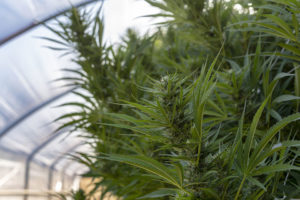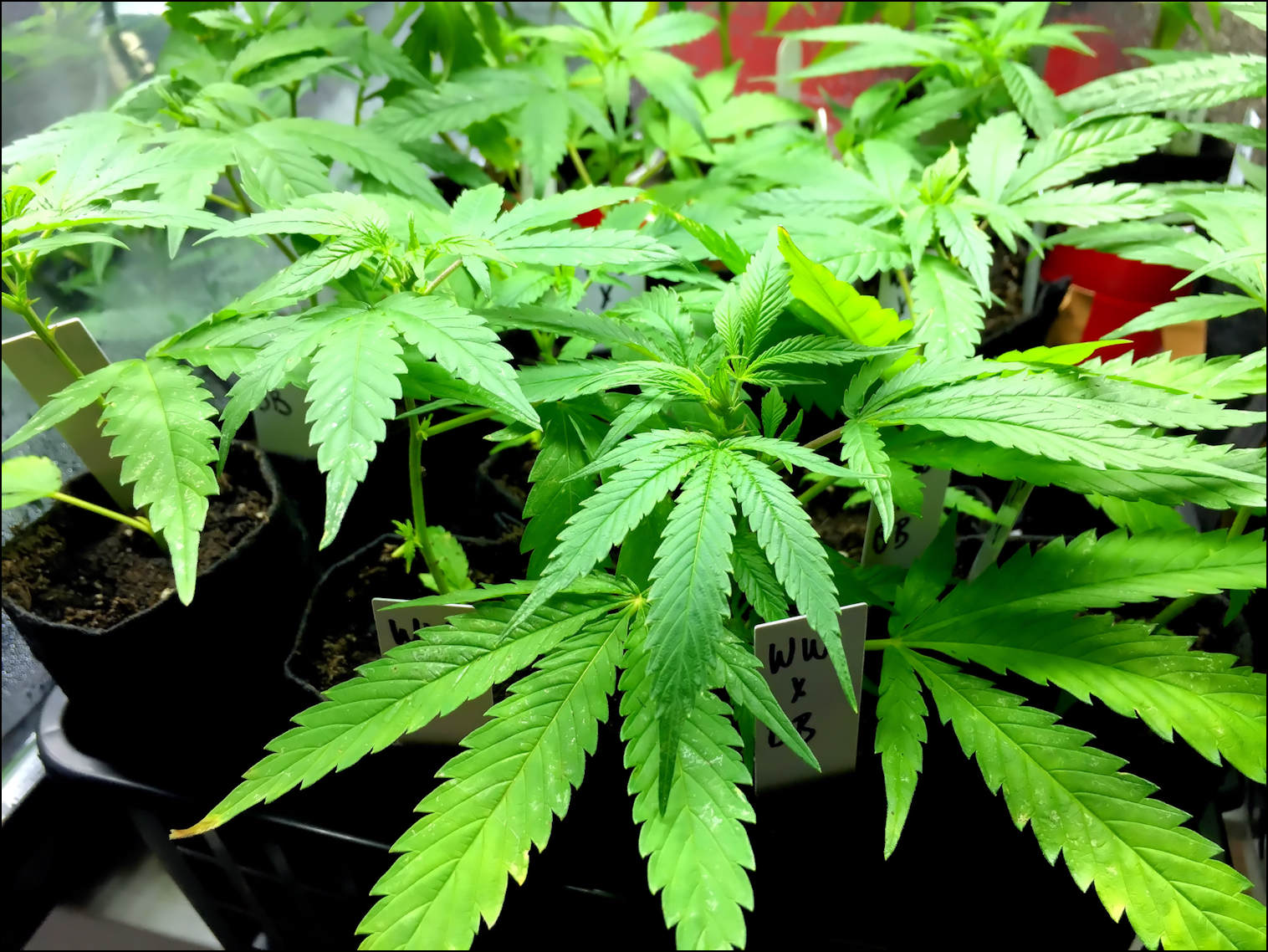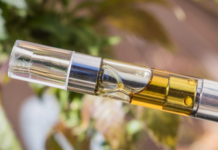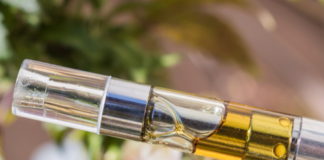August 2, 2019
 A federal court has ordered the Drug Enforcement Administration to respond to a lawsuit charging the agency with failing to move forward with a 2016 policy to expand the total number of federally licensed marijuana cultivators.
A federal court has ordered the Drug Enforcement Administration to respond to a lawsuit charging the agency with failing to move forward with a 2016 policy to expand the total number of federally licensed marijuana cultivators.
In August 2016, Drug Enforcement Administration officials adopted a policy “to increase the number of entities registered under the Controlled Substances Act (CSA) to grow marijuana to supply legitimate researchers in the United States.” To date, however, the agency has neither affirmed or denied any of the 26 applicants that have sought the DEA’s permission for a federal cultivation license.
(Read NORML’s new op-ed, “Three years ago the DEA said they would remove roadblocks to cannabis research — they still haven’t, here.)
In June, one of those applicants – the Scottsdale Research Institute – filed a petition in the US Court of Appeals for the District of Columbia for a writ of mandamus to order the DEA to comply with its 2016 policy, arguing that the agency has engaged in unreasonable delays. On July 29, the Appellate Court ordered to provide a written response to the filing with 30 days.
“While most states recognize that cannabis has medical value, the DEA says otherwise, pointing to the absence of clinical research. But at the same time, government regulations and bureaucracy prevent researchers like SRI from ever doing the clinical research the DEA has overtly demanded,” SRI Principal Investigator Dr. Sue Sisley said. “[This filing is] asking the court for an order compelling the DEA to process our application. We hope that this … encourages the DEA not only to process our application, but to process the applications of others, so that we can all continue to do important research into the safety and efficacy of cannabis for treatment resistant illnesses.”
Since 1968, the agency has only licensed the University of Mississippi to engage in the growing of cannabis for FDA-approved clinical research. Scientists familiar with the product have consistently said that it is of inferior quality and fails to accurately reflect the types of marijuana varieties commercially available in legal states.
Additional information regarding the SRI petition is available online here.











